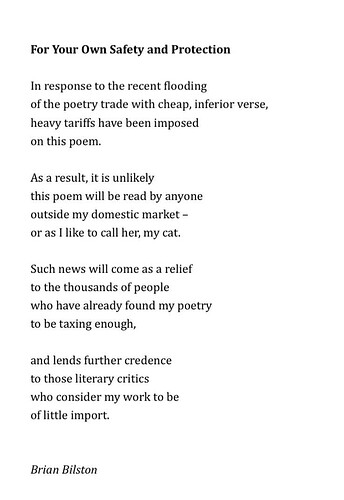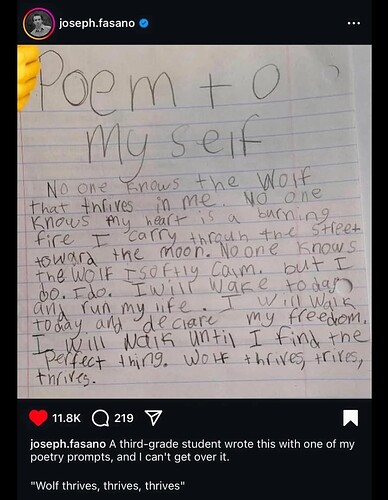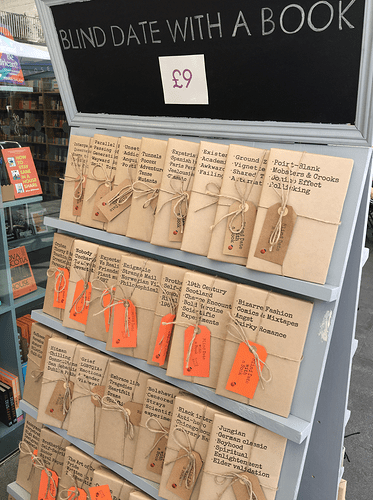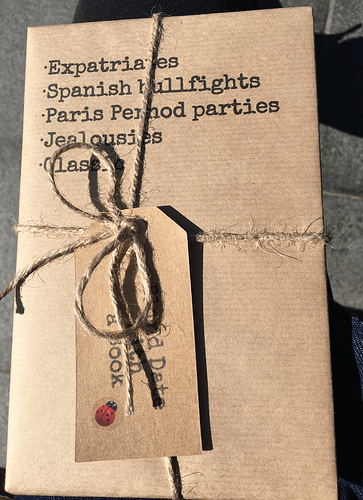I read it a while back. It’s a very good history of one of the many moral panics in modern America.
Happy birthday, Flannery O’connor!
Bits of her wit and wisdom.
[quote]There is another reason in the Southern situation that makes for a tendency toward the grotesque and this is the prevalence of good Southern writers. I think the writer is initially set going by literature more than by life. When there are many writers all employing the same idiom, all looking out on more or less the same social scene, the individual writer will have to be more than ever careful that he isn’t just doing badly what has already been done to completion. The presence alone of Faulkner in our midst makes a great difference in what the writer can and cannot permit himself to do. Nobody wants his mule and wagon stalled on the same track the Dixie Limited is roaring down.
The Southern writer is forced from all sides to make his gaze extend beyond the surface, beyond mere problems, until it touches that realm which is the concern of prophets and poets. . . .
For the kind of writer I have been describing, a literature which mirrors society would be no fit guide for it, and one which did manage, by sheer art, to do both these things would have to have recourse to more violent means than middlebrow subject matter and mere technical expertness.[/quote]
ETA:
Life Hacks For a Little Alien, Alice Franklin, (riverrun press 2025).
It’s a novel, describing the life of an (obviously, but never once explicitly stated) autistic girl, in England, around 2000. She almost accidentally discovers the Voynich Manuscript, and fixates on it.
She is never named.
It is written entirely in the second person, addressed to her.
It goes like this. You won’t be normal. Aliens can’t be normal. You’ll be normal enough, though. And by this, I mean you’ll have just enough normal to seem normal without actually being normal.
Let me explain. Like normal human children, you’ll disregard every grammatical irregularity that comes your way. You’ll say things like ‘I goed to school with my mum’, ‘I eated the orange’, and ‘Colouring in is funner than skipping’.
If I were a prescriptivist, I would lambast you for these flagrant over-regularisations.* But, as it happens, I am not a prescriptivist, I am a descriptivist.† And as a descriptivist, I applaud you. ‘Goed’ is more logical that ‘went’. ‘Eated’ is more logical than ‘ate’. ‘Funner’ is more logical than ‘more fun’, and it’s a funner expression to boot.
These assertions would chime with the internal grammars of many small humans. You’re blending in. Well done.
But you’re still wrong. ‘Goed’ and ‘eated’ and ‘funner’ aren’t words. You won’t find them in reputable dictionaries or even disreputable dictionaries. They’re wrong. You’re wrong. You’re wrong all the time and you can’t help it.* Prescriptivists are people who think there are right and wrong ways to use language. They wince at aspirated aitches and moan about unsightly neologisms. They can be a bit annoying.
† Descriptivists are people who study how language is actually used. They embrace the unrelenting sea of language change as neither a sign of progress nor a sign of decay. They can also be a bit annoying.
The Little Alien goes to school. She meets people who she does not understand, and who don’t understand her. Some of them are friendly. Some of them are not friendly. Many of them have power over her. None of them understand why the Voynich Manuscript is so important. It is important because it might be written in the language of her home planet.
It ends on a note of hope, but as an autist (and an autodidactic language geek), I understood the Little Alien as if I were her. Every experience she had I felt viscerally, because it or something very much like it had happened to me at some point.
If you are neurodivergent, this book might make you feel less alone in being an alien. If you are not, it might give you an idea what being an alien is like.
I found this book in the local Little Free Library. I go now to give it to my children to read.
Are there any guillotine plans? Asking for me.
Unsure… haven’t gotten around to reading it quite yet… But thought it might be useful for all of us… OH! I should crosspost to the survival thread…
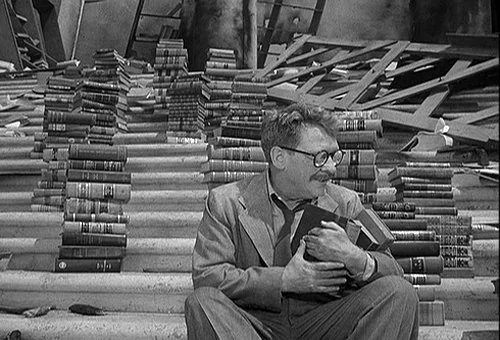
SPOILER ALERT: Make sure you have a few extra pair of glasses in the apocalypse!
I’m currently reading Adam Shatz’s biography of Frantz Fanon, The Rebel’s Clinic…
It’s very well done. He found pretty much everything he could either by or about Fanon.
Finished yesterday:
It was really fun and I decided to launch into the sequel:
I love it when I can find the books I’m looking for as ebooks from public libraries ![]()
Jonathan, who posted as “JES” on the Lines and TalkBass forums, passed away recently. I had read some of his articles in the past without connecting them to him; I knew him as a smart, kind, thoughtful guy, a talented bass and touch guitar player who was also gleefully exploring modular synthesis, who’d released some ambient stuff and also played in a couple of bands. Such as:
I’ve just started reading the book. It had the potential to be really dry and academic but I’m finding it fascinating. He talks about differences/biases in how the audible and visible are discussed in history and cultural studies. He writes about Alexander Graham Bell, who was married to a deaf woman, and wanted to “help” deaf people by training them to pass in mainstream society – he was a fan of eugenics and didn’t think deaf folks should have their own culture and sign language. One of his first inventions was the “ear phonotograph” which literally used the middle ear of a dead guy to transcribe sound into squiggles (and this was after a similar device had used less gruesome materials). It failed to actually be useful to non-hearing folks, but did lead to the development of both the telephone and gramophone.

This is relevant to my interests! You might also enjoy this…
damn…
That is lovely!

